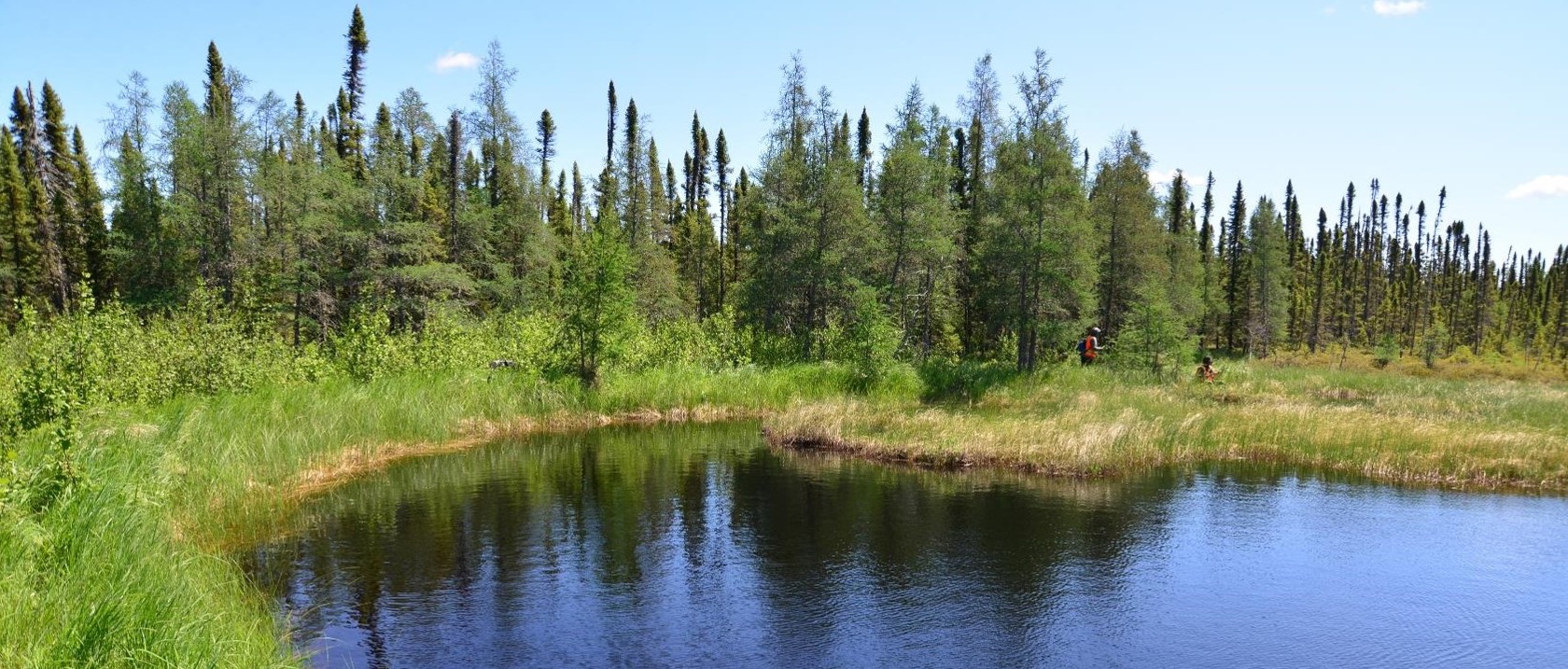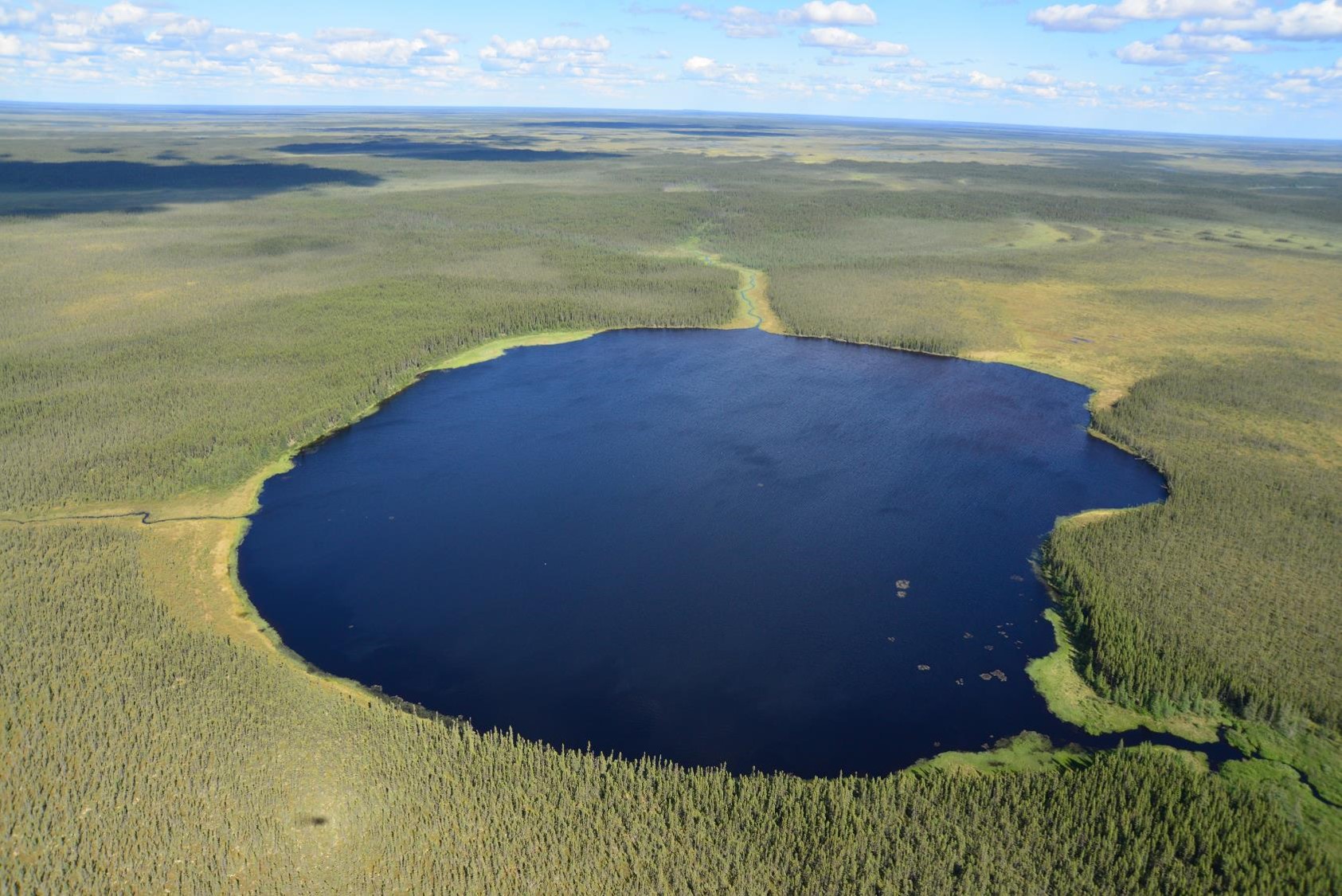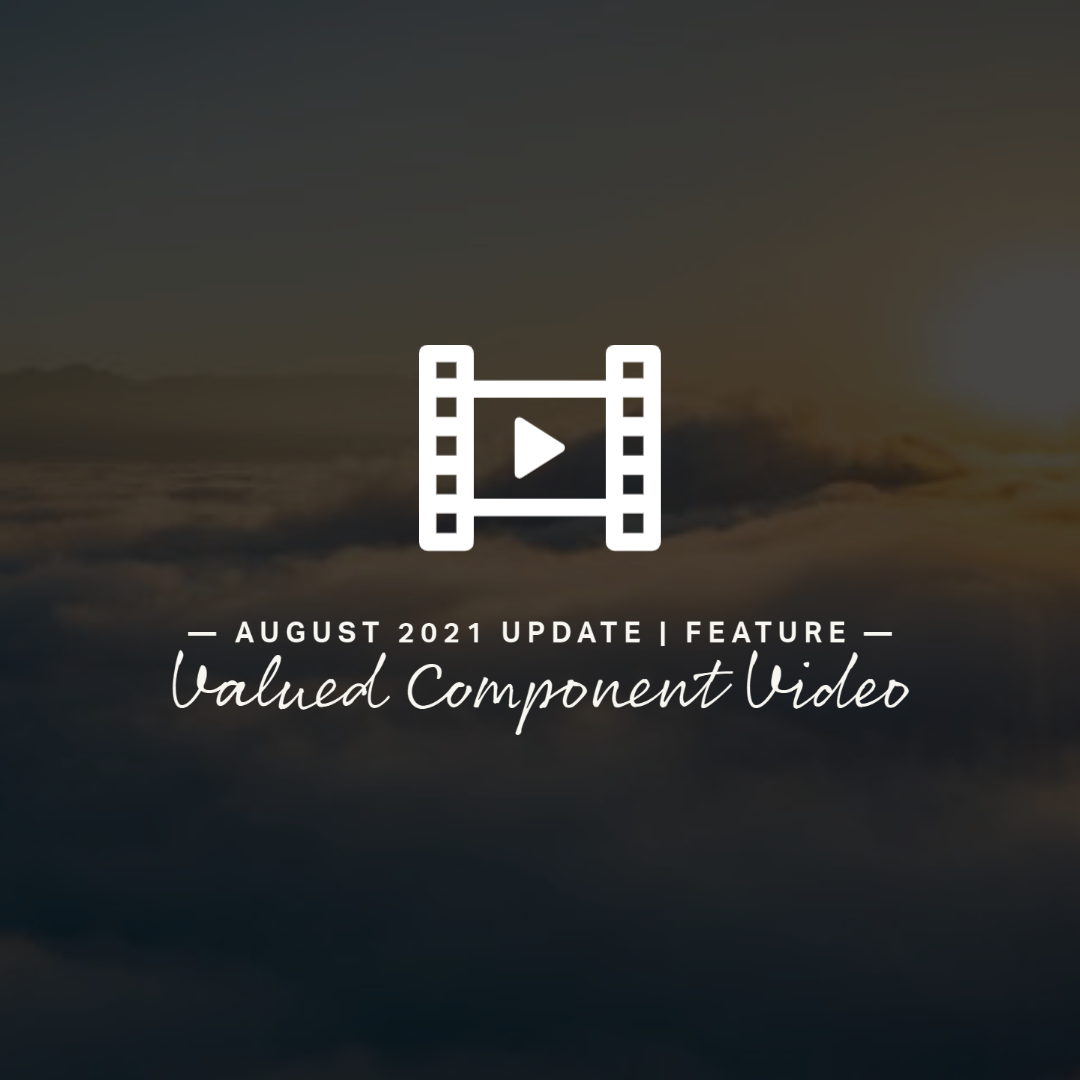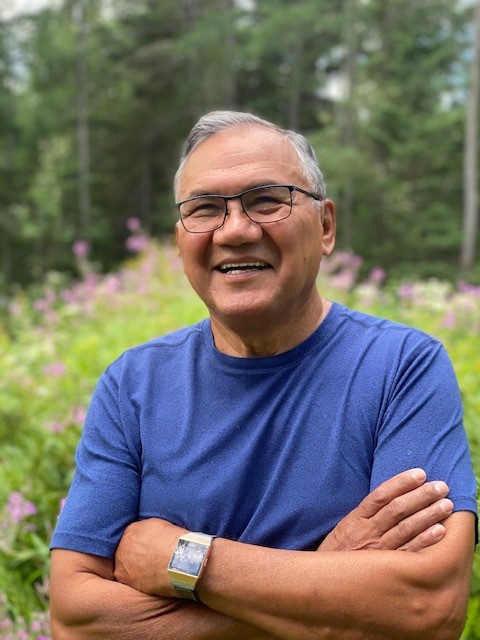Terms of Reference
Where we are at in the provincial process
Field Studies Update
Updates on field work taking place now and information about programs planned for the coming months.
Valued Component Video
The first educational video about the ‘valued components’ we are studying for the environmental assessment and impact assessment is live. Read below to find a link to the “Groundwater” video.
Project Team Profile
Get to know Bob Baxter, one of the MFFN CAR Community Member Advisors
.
Terms of Reference
The Proposed Terms of Reference is with the Ministry of the Environment, Conservation and Parks for review and a decision by the Minister. We expect a decision in the coming months and if approved, or approved with conditions, an environmental assessment for the Community Access Road can begin. Stay tuned for more information.
Read more about the Terms of Reference.
.
Field Studies Update
Delayed Field Programs
Due to ongoing forest fires in the region, field programs have been postponed. We are currently targeting for programs to begin in September. Field programs are weather dependent and subject to change. We will provide further updates as dates are confirmed.

Upcoming Field Studies
To help us understand the current conditions (quality and quantity) of the environment along the proposed alternative routes, scientific field studies will be taking place for aquatic and terrestrial environments and wildlife. The information we collect through these studies will be strengthened by the Indigenous Knowledge shared with us by MFFN and neighbouring Indigenous communities.
Following is a high-level overview of upcoming field study programs for 2021 and their approximate timelines*:
- Groundwater and Geochemistry (TBD): Installation of monitoring wells so that we can assess groundwater fluctuations, seasonal changes in water quality and develop an understanding of current conditions.
- Surface Water (TBD): Assessment of select water crossings along the route alternatives to understand current conditions including seasonal flows, drainage patterns, and water and sediment quality. This program will be conducted together with the Fish and Fish Habitat Program.
- Fish and Fish Habitat (TBD): Characterization of fish communities and habitats to understand current conditions at a number of locations along the route alternatives. This program will be conducted together with the Surface Water Program. Some species that will be included in the study are: walleye (okaas), lake sturgeon (nameh) and northern pike (nahwabe).
- Vegetation, Physiography and Peatlands (TBD): Collection of information related to forest and wetland plants, soil conditions and geologic features to develop an understanding of the current conditions. This includes wetlands (asabi’biiya or asabi’gama) and muskeg (mashkiig).
- Waterfowl Aerial Survey (TBD): Estimation of distribution, number and density of Waterfowl, Shorebirds and Raptors in the Local Study Area, at various times during the year. Some examples include mallard (shesheeb) and osprey (saagwadamo).
Detailed notices will be provided when the dates for the field programs are confirmed. For the upcoming programs, we are looking for input to help us confirm the timing and sampling locations. Each program listed above includes its own Discussion Guide which provides more information about what the program is, why it’s important to the Community Access Road, and what kind of feedback we are looking for. The Discussion Guides have already been distributed to Indigenous community representatives, Tribal Councils and Provincial Territorial Organizations.
Both Indigenous Knowledge and western science are key to understanding the environment, and will help to decide where the road will go. Currently, we are looking for high-level feedback on items we should be aware of when undertaking this season’s scientific field studies in the areas identified on the provided maps. The planned field studies involve mostly low impact activities and will follow all applicable regulations and guidelines. Indigenous persons continue to accompany the survey crews to support this important work.
Indigenous Knowledge and information on Indigenous land and resource use in the area of the proposed routes can be shared through the Project’s Indigenous Knowledge Program. If you have sensitive and confidential information that you would like to share through this Program, please let us know. We will ensure your knowledge is protected.
*Timelines and programs are approximate and may shift; we will provide updates as required.
.
Valued Component Videos

Over the coming months, we will be producing educational videos about the topics (or valued components) being studied as part of the environmental assessment and impact assessment for the Community Access Road. For each topic, the video will cover how Indigenous Knowledge will be combined with western science, what studies are occurring and why, what we’ve already learned through field and desktop studies, and how you can be involved.
We have created a new webpage where you can view the valued component videos. The first video is live on our website and talks about Groundwater. Click here to watch the video and learn more! New videos will be added every couple of weeks; we’ll continue to provide monthly updates about which videos are available for viewing.
.
Project Team Profile
Get to know the team! Over the coming months, we will be introducing the members of the MFFN CAR Project Team. This month, we are featuring Bob Baxter, a Senior Community Advisor to the Project. He is currently the Assistant Coordinator on the Marten Falls Community Land Use Planning Team. Bob served one term as a Band Councillor for Marten Falls First Nation. He also served as a First Nations Police Officer for 34 years under the OPP First Nations Program, Anishnabek Police Service, and the Nishnawbe Aski Police Service.
Bob volunteers for the Thunder Bay Indigenous Friendship Centre restorative justice circles, is an Eagle Staff Carrier and Elder for Nishnawbe Aski Police Service/Board and assists with the OPP Native Awareness Program. When requested, he participates in the Indigenous Mino Bimaadiziwin youth programs in the Thunder Bay Public School system, the Thunder Bay Catholic District School Board Indigenous Education Advisory Committee and the Lakehead University Indigenous Curriculum Working Group.
Bob enjoys sharing his knowledge of the land and cultural traditions passed on to him by his parents and other knowledge keepers. Bob spends his free time at his camp hunting, fishing and on canoeing adventures.


